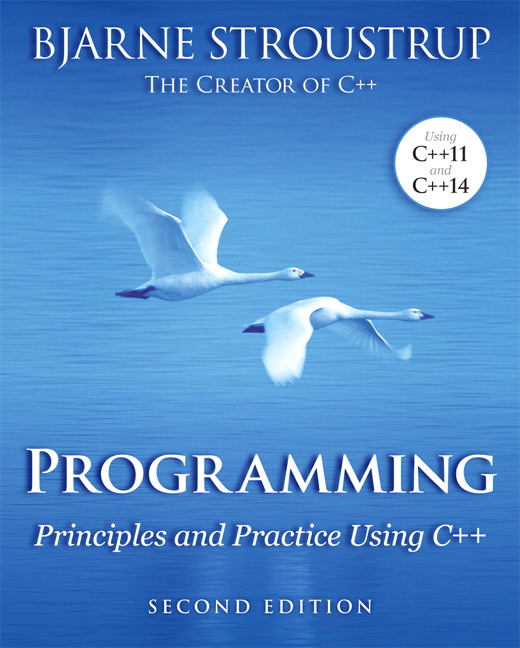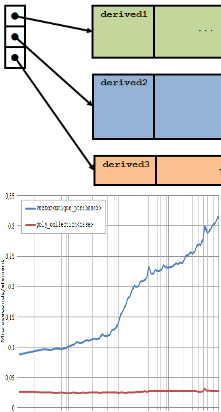Preface to Programming: Principles and Practice Using C++, 2nd Edition -- Bjarne Stroustrup
 Stroustrup's introduction to programming book has now been updated for modern C++. The Preface was posted on InformIT:
Stroustrup's introduction to programming book has now been updated for modern C++. The Preface was posted on InformIT:
Preface to Bjarne Stroustrup's Programming: Principles and Practice Using C++, 2nd Edition
by Bjarne Stroustrup
From the preface:
This book is for someone who has never programmed before but is willing to work hard to learn. It helps you understand the principles and acquire the practical skills of programming using the C++ programming language. My aim is for you to gain sufficient knowledge and experience to perform simple useful programming tasks using the best up-to-date techniques. How long will that take? As part of a first-year university course, you can work through this book in a semester...

 Note that the article doesn't mention
Note that the article doesn't mention  On the theme of "contiguous enables fast":
On the theme of "contiguous enables fast":